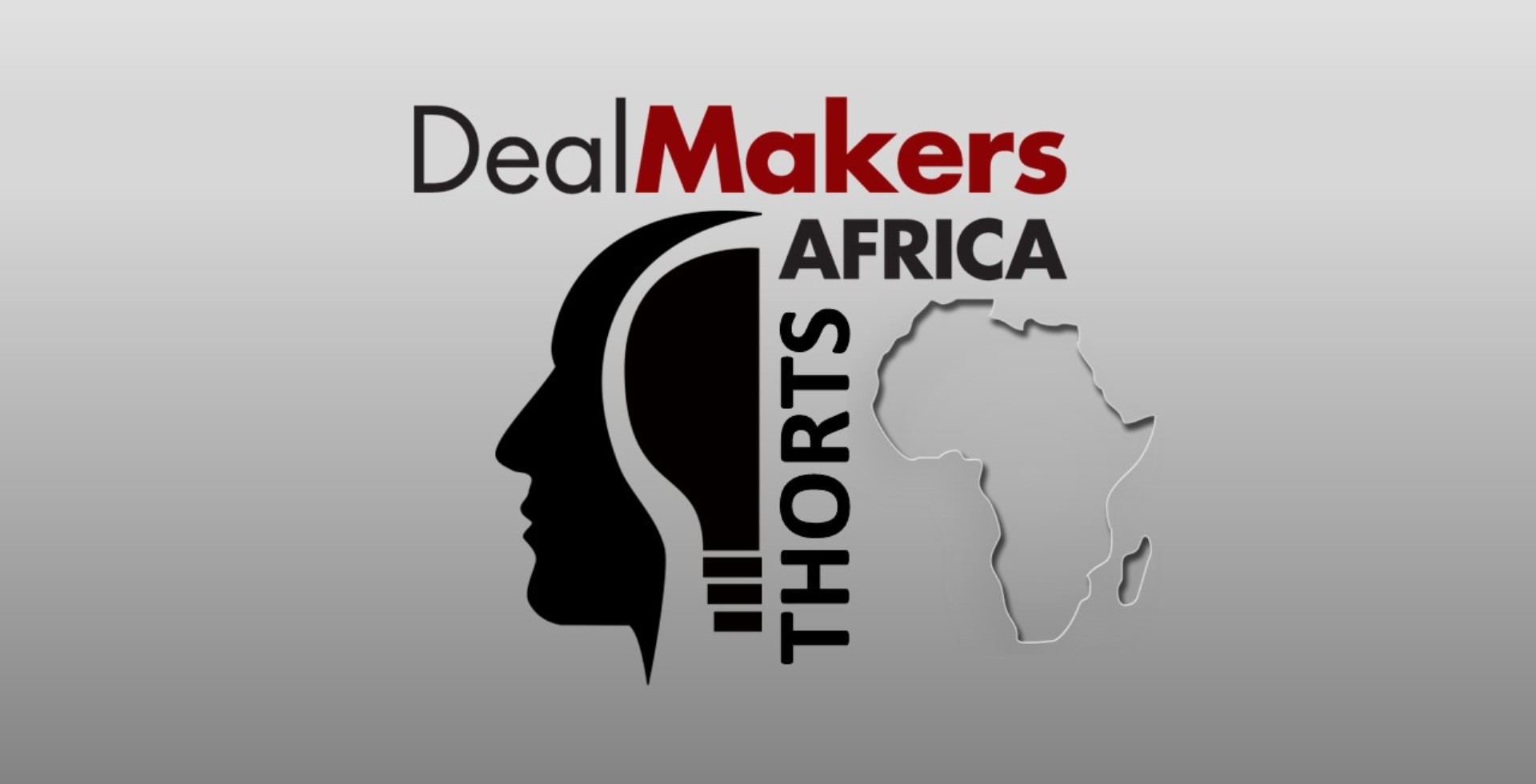Over recent years, the successive hammer blows of the COVID-19 pandemic, high inflation and rapidly rising interest rates, the Russia/Ukraine war and other outlier events wreaked havoc with many companies’ M&A ambitions, with funds earmarked for M&A having to be diverted to strengthen balance sheets and other operating priorities.
However, with the pandemic and its initial effects now (hopefully) in the rear-view mirror and the African business landscape having largely acclimatised to the “new normal”, one may, over the next few years, see consolidation, as well-capitalised companies look to grow market share or vertically integrate by acquiring the less resilient to make up for lost ground.
THIS TIME MIGHT BE DIFFERENT
African M&A activity has not been all doom and gloom since the outbreak of the pandemic. On the contrary, the African M&A market experienced a record-breaking year in 2021, with total deal value exceeding circa US$64 billion.1 The surge likely resulted from the deployment, after the initial pandemic effects had passed, of funds previously allocated for M&A. Unfortunately, the African M&A market has been relatively subdued since then, amounting only to approximately $26 billion in 2022 and $10 billion in 2023.2
Nevertheless, 2024 might prove to be different (barring any significant new outlier events occurring). Unlike in 2022, the effects of the above outlier events have now largely been priced in. Interest rates and inflationary pressure appear to have stabilised. Well capitalised companies have also had a two-year window to re-evaluate their M&A action plans and build up their M&A war chests, while less resilient companies became more vulnerable to potential take-overs.
Furthermore, the political certainty gained following the conclusion of elections in several “powerhouse” countries this year could also help break the current holding pattern in M&A. While a modest recovery is expected by some in 2024,3 the M&A activity may surprise us and exceed expectations.
BENEFITS FOR AFRICA
Successful consolidations possess significant transformational power. The benefits of such consolidations are not only enjoyed by the firms in question, but also by other stakeholders and role players in the value chain. Examples of “flow-through” benefits enjoyed by such parties include, inter alia –
• Re-establishing competition
Where a region or sector already has a dominant player, a consolidation between smaller players could potentially “even the playing field” by leveraging synergies and benefits of scale, resulting in cost- and selection benefits for consumers, as well as business opportunities for other service providers in the region or sector. By contrast, it may be more difficult for dominant players to participate in consolidation through M&A, given competition law restrictions.
• Cheaper financing options
Generally, consolidated businesses – which have more assets to use as collateral – can access better financing terms, compared with their smaller peers. The transaction and borrowing costs saved in this regard could be “paid over” to shareholders in the form of dividends, or be utilised to further grow the business (which could, inter alia, lead to more employment opportunities).
• Diversification benefits
Consolidations could enable the subject firm to be better diversified, whether from a product range, sectoral and/or geography perspective. This helps companies better mitigate risk and, in turn, become more resilient, resulting in greater certainty for all stakeholders in the value chain.
SECTOR FOCUS
Despite the somewhat sluggish African M&A activity over the 2022 and 2023 period, certain sectors, such as those outlined below, continued to enjoy positive transaction flow. These sectors could lead the potential consolidation surge.
• Healthcare
The African healthcare sector’s resilience was apparent from the number of notable transactions during the period. Particularly robust were Pharmaceuticals and Life Sciences, along with Healthcare Services, which helped propel the sector’s dynamism. Noteworthy transactions included Mediclinic’s “take private” and Laprophan Laboratoires SA’s acquisition of SAHAM Pharma.
• Energy and infrastructure
During this period, M&A became a strategic tool for companies looking to optimise resource utilisation and enhance operational efficiency in the energy and infrastructure sectors, aimed at bridging Africa’s infrastructure gap. Security of energy supply and the transitioning to “greener” energy sources continued to enjoy focus. Prominent transactions in these sectors included Harith General Partners’ investment in Mergence Investment Managers, BlackRock’s recently announced acquisition of Nigeria’s Adebayo Ogunlesi’s Global Infrastructure Partners, and ENGIE SA and Meridiam Infrastructure Finance’s acquisition of BTE Renewables.
• Banking and finance
The African banking and financial services sectors were at the forefront of the M&A activity during the period. With the aim of fostering stability and enhancing competitiveness, numerous financial firms across the continent engaged in M&A transactions.
This trend not only resulted in larger, more resilient financial institutions, but also facilitated the integration of innovative technologies to meet the evolving needs of consumers. Notable transactions during the period included the Sanlam and Allianz joint venture, Apex Group’s acquisitions of Sanne, Maitland and the Efficient Group, the Rohatyn Group’s acquisition of Ethos Private Equity, and KCB Group’s acquisition of an 85% stake in Trust Merchant Bank.
LOOKING AHEAD
It is evident from African M&A activity during the period that international players are taking note (and capitalising) on many of these opportunities on the continent. Faster growth prospects, less competition and “cheaper” acquisition opportunities compared with those in their home markets may continue to drive international interest in African companies. In addition, potential game changing initiatives such as the African Continental Free Trade Area (AfCFTA) and related agreements and protocols are also expected to spur M&A on the continent, both from within and outside of Africa.4
Given the above, it appears that a potential consolidation surge may be on the horizon.
As companies continue to navigate the African M&A landscape and the potential consolidation surge, it is essential for business leaders, policymakers and investors to stay abreast of the relevant trends and developments.
FOOTNOTES
Khaya Hlophe-Kunene and Johann Piek are Directors | PSG Capital

DealMakers AFRICA is a quarterly M&A publication
www.dealmakersafrica.com



